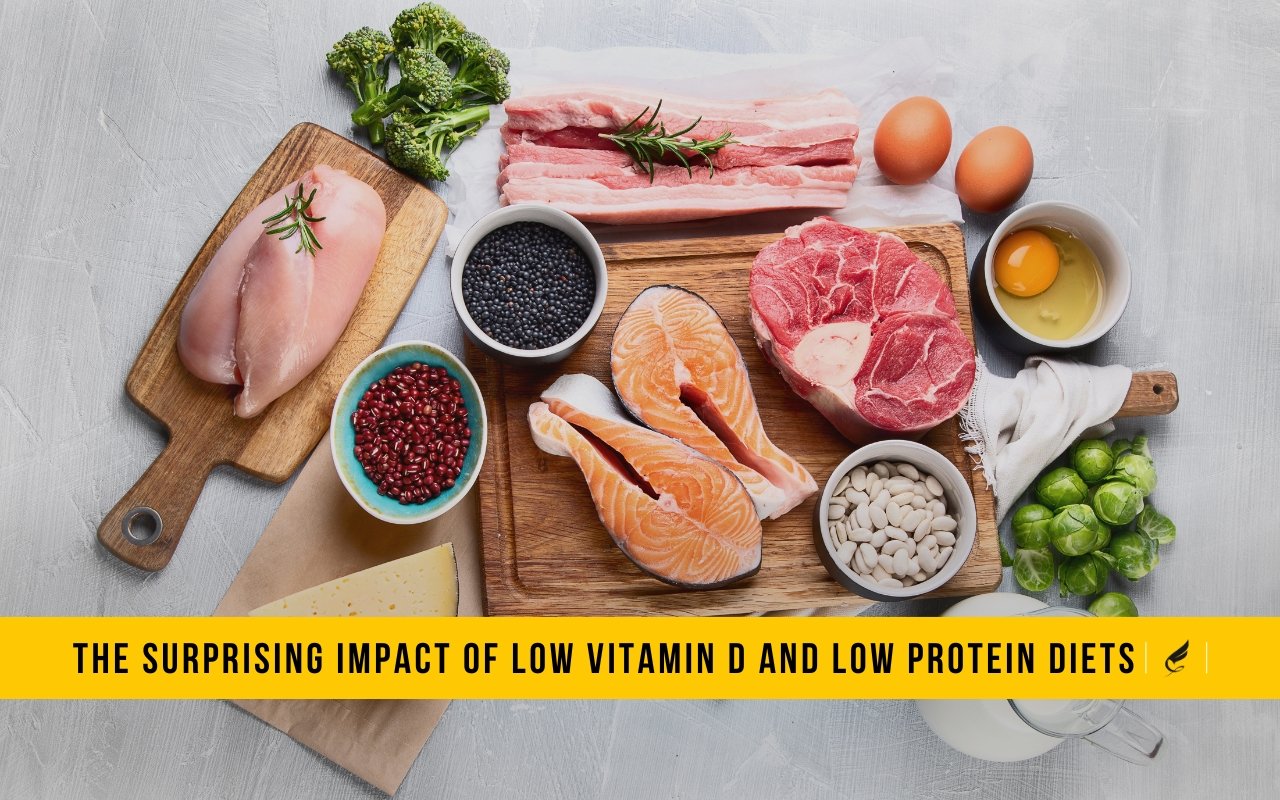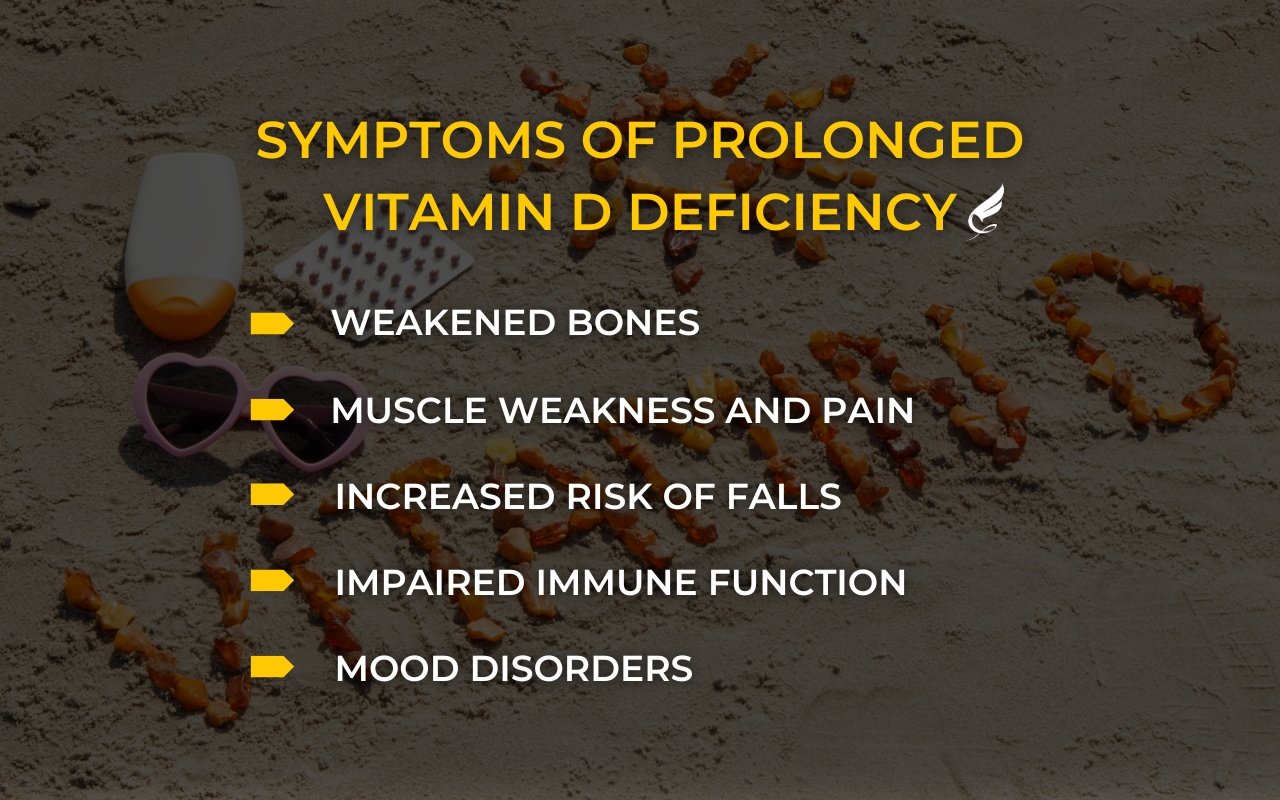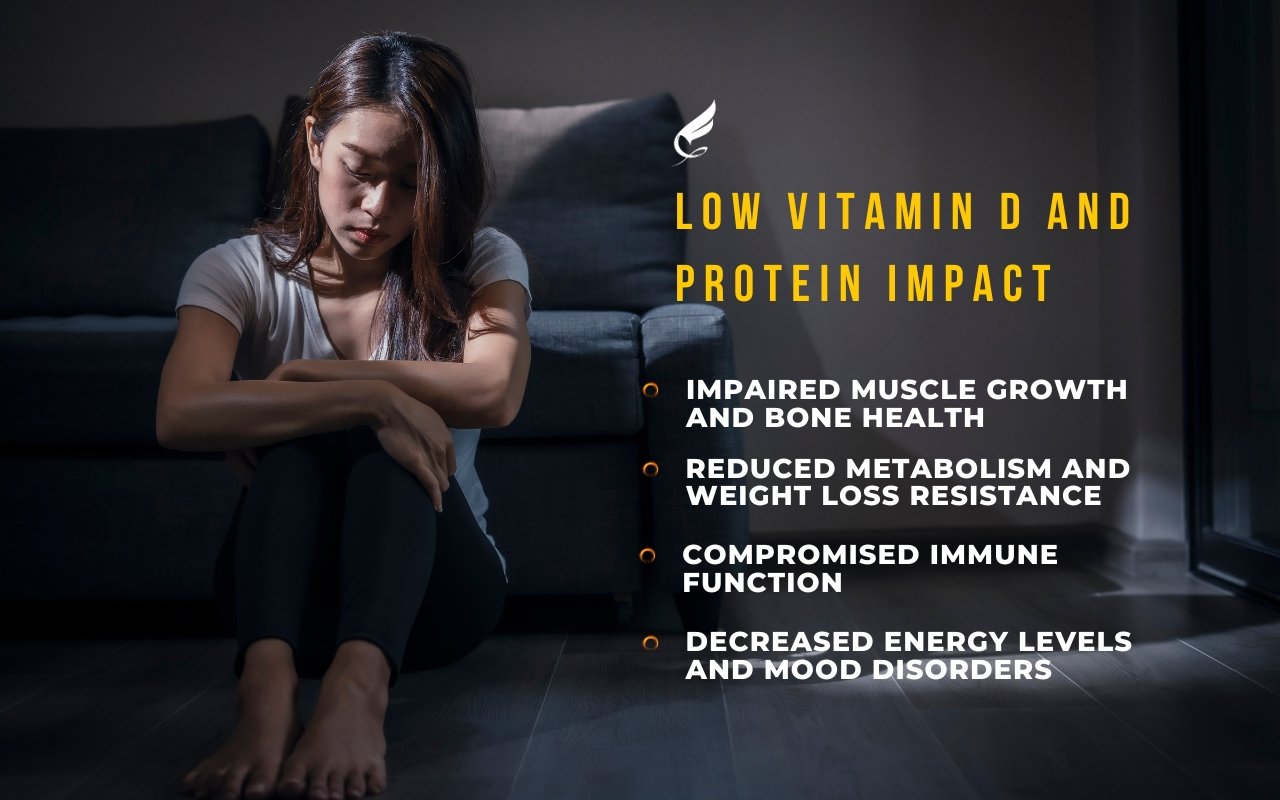The Surprising Impact of Low Vitamin D and Low Protein Diets
Understanding the Importance of Vitamin D and Protein
Vitamin D and protein are essential nutrients that play vital roles in maintaining optimal health and well-being. Vitamin D, often referred to as the "sunshine vitamin," is crucial for calcium absorption, bone health, immune function, and more. Protein is the building block of our bodies, essential for muscle growth, tissue repair, hormone production, and various other bodily functions.
Vitamin D Deficiency: Prevalence and Risks
Vitamin D deficiency is a global health concern, affecting an estimated 1 billion people worldwide. Low vitamin D levels can lead to a variety of health issues, including:
Weakened bones: Vitamin D promotes calcium absorption, which is crucial for strong bones. Vitamin D deficiency can lead to decreased bone mineral density, increasing the risk of osteoporosis and fractures.
Muscle weakness and pain: Vitamin D plays a role in muscle function and strength. Deficiency can lead to muscle weakness, pain, and impaired physical performance.
Increased risk of falls: Muscle weakness and impaired balance associated with vitamin D deficiency can increase the risk of falls, especially in older adults.
Impaired immune function: Vitamin D is involved in regulating immune responses. Low levels can weaken the immune system, making you more susceptible to infections and illnesses.
Mood disorders: Studies have linked vitamin D deficiency to an increased risk of depression and mood disorders.
Low Protein Intake: Consequences and Health Implications
Inadequate protein intake can also have negative consequences, such as:
Muscle loss and weakness: Protein is essential for building and maintaining muscle mass. Insufficient protein intake can lead to muscle loss, weakness, and reduced physical performance.
Slowed metabolism: Protein helps maintain a healthy metabolism. Low protein intake can lead to a slower metabolism, making it more challenging to lose or maintain weight.
Hair loss: Protein is a key component of hair structure. Inadequate intake can lead to hair thinning and loss.
Skin problems: Protein is essential for healthy skin. Deficiency can lead to skin dryness, thinning, and impaired wound healing.
Impaired immune function: Protein is crucial for producing antibodies and immune cells. Low protein intake can weaken the immune system, making you more susceptible to infections.
The Combined Impact of Low Vitamin D and Low Protein
When both vitamin D and protein levels are low, the following effects may be amplified:
Impaired Muscle Growth and Bone Health: Insufficient levels of both nutrients can compromise muscle growth, bone health, and increase the risk of injuries.
Reduced Metabolism and Weight Loss Resistance: Low levels of both nutrients can lead to a slower metabolism, making it more challenging to lose or maintain weight.
Compromised Immune Function: Deficiencies in both can weaken your body's defenses, making you more susceptible to infections and illnesses.
Decreased Energy Levels and Mood Disorders: Low levels of both can lead to fatigue, low mood, and even depression.
Optimizing Vitamin D and Protein Intake
To ensure adequate vitamin D and protein levels, consider the following:
Vitamin D: Spend time outdoors in the sun, consume vitamin D-rich foods (e.g., fatty fish, eggs), and consider vitamin D supplementation, especially during winter months or if you have limited sun exposure.
Protein: Include protein-rich foods in each meal, such as lean meats, poultry, fish, eggs, dairy products, legumes, and nuts. Consider protein supplementation if your dietary intake is insufficient.
Factors Affecting Vitamin D Levels
Several factors can influence your vitamin D status:
Sun Exposure: The primary source of vitamin D is sunlight exposure. Factors like skin pigmentation, sunscreen use, and time of day can affect vitamin D production.
Dietary Intake: While fewer foods naturally contain vitamin D, fatty fish, eggs, and fortified foods like milk and cereals can contribute to your intake.
Supplementation: Vitamin D supplements, available in two forms (vitamin D2 and vitamin D3), can help ensure adequate levels, especially for those with limited sun exposure or dietary restrictions.
Age: As we age, our skin's ability to produce vitamin D from sunlight declines.
Health Conditions: Certain health conditions, such as chronic kidney disease and cystic fibrosis, can impair vitamin D metabolism.
Medications: Some medications can interfere with vitamin D absorption or metabolism.
Determining Your Vitamin D Status
A simple blood test can measure your vitamin D levels. The results are usually reported in nanograms per milliliter (ng/ml) or nanomoles per liter (nmol/L). Optimal vitamin D levels are generally considered to be above 30 ng/ml (75 nmol/L).
Conclusion
Vitamin D and protein are essential nutrients that play vital roles in maintaining optimal health and well-being. Deficiencies in either nutrient can have negative consequences, but the combined impact of low vitamin D and low protein levels can be particularly detrimental, affecting muscle growth, bone health, metabolism, immune function, energy levels, and mood.
By prioritizing adequate intake of both vitamin D and protein through diet, sunlight exposure, and supplementation, you can support your overall health, enhance your weight loss efforts, boost your energy levels, and improve your quality of life. Remember to consult your doctor or a registered dietitian for personalized advice on optimizing your vitamin D and protein intake based on your individual needs and health conditions.
To find out more about our services, check out:
Learn more with the most comprehensive fitness and wellness blog in the Middle East:
#StayStrong
#BeFortius







